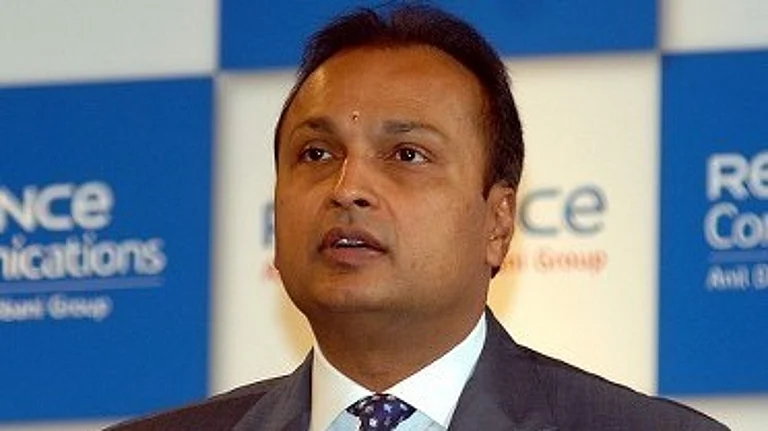
Supreme Court admits cross-appeals in Google Play Store billing case.
NCLAT upheld abuse of dominance finding, reinstated key CCI directives.
Case stems from 2020 CCI probe, penalties issued in October 2022.
November hearing may set precedents on platform billing and data use.
The Supreme Court on Friday admitted a batch of cross-appeals filed by Google and its affiliates, the Competition Commission of India (CCI) and the Alliance of Digital India Foundation (ADIF) against a National Company Law Appellate Tribunal (NCLAT) order that had partly upheld the regulator’s findings on Google’s Play Store policies.
A bench of Justices P.S. Narasimha and Atul S. Chandurkar said the matter will be listed for hearing in November.
The appeals challenge the NCLAT’s March decision, which largely endorsed the CCI’s core finding that Google abused its dominant position by imposing restrictive Play Store billing rules and giving undue advantage to its own payments product. Google disputes several legal and factual aspects of that judgment and has asked the Supreme Court to review the tribunal’s conclusions.
Clarifications & Reinstated Directions
In a 1 May clarification, the NCLAT reinstated two directions from the CCI order that require Google to disclose certain data-handling policies and refrain from using billing data to secure a competitive advantage, measures Google had objected to. The tribunal held that these obligations could not be revisited as mere corrections. Those reinstated directions are now among the contested issues before the Supreme Court.
The dispute stems from a CCI probe launched in November 2020 into Google’s Play Store billing practices. In October 2022, the CCI imposed penalties and ordered remedies, finding that the mandatory use of the Google Play Billing System (GPBS) and related restrictions harmed competition and disadvantaged app developers. Subsequent appeals reduced or adjusted some monetary penalties but left key behavioural findings intact.
NCLAT Decision
While the NCLAT upheld conclusions that Google leveraged its dominance in licensable smartphone operating systems and app stores to favour its own services, it set aside certain CCI directions tied to alleged denial of market access and restrictions on innovation, citing insufficient evidence on technical constraints and market share to justify those remedies.
However, the tribunal later clarified and reinstated other compliance obligations, leading to the present cross-appeal posture before the Supreme Court.
The case will shape the enforcement landscape for digital-market conduct in India. It tests how far competition law can compel platform design changes, including billing systems, data-use rules and promotion of related apps, and will be closely watched by app developers, platform operators and global technology firms operating in India.
The Supreme Court’s November hearing is likely to set important precedents on remedies, data-use restrictions and the scope of regulatory powers in platform markets.


































